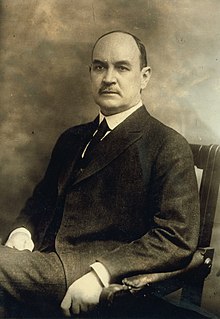A Quote by Norman Borlaug
For, behind the scenes, halfway around the world in Mexico, were two decades of aggressive research on wheat that not only enabled Mexico to become self-sufficient with respect to wheat production but also paved the way to rapid increase in its production in other countries.
Related Quotes
We also discussed [with the President of Mexico] the great contributions of Mexican-American citizens to our two countries, my love for the people of Mexico, and the leadership and friendship between Mexico and the United States. It was a thoughtful and substantive conversation and it will go on for awhile. And, in the end we're all going to win. Both countries, we're all going to win.
But last year there were 540,000 people, roughly, detained coming across the border illegally. Forty-five thousand of them came from countries other than Mexico, demonstrating the fact that Mexico itself now is a pathway into the United States for people all around the world, and we don't know what their intentions are.
In Europe and the United States the two decades following the Second World War will for long be remembered as a very good time, the time when capitalism really worked. Everywhere in the industrialized countries production increased. Unemployment was everywhere low. Prices were nearly stable. When production lagged and unemployment rose, governments intervened to take up the slack, as Keynes had urged.
We need to realize that the economic situation between Mexico and the United States is not just one in which we trade with one another. We make things together. We have shared production platforms. Cross-border trade is part of a single production process, and while apparently the Trump administration will seek to re-examine elements of that production platform, it is what it is and won't be easily dismantled.
Unfortunately we - and I'm speaking not for Latin America but for Mexico because that's where I come from - we still, I think, are a little bit macho. Not that we only live in a macho world, but we also think as a macho world; even the women, you know? The women in Mexico, because that's the way we were raised.


































